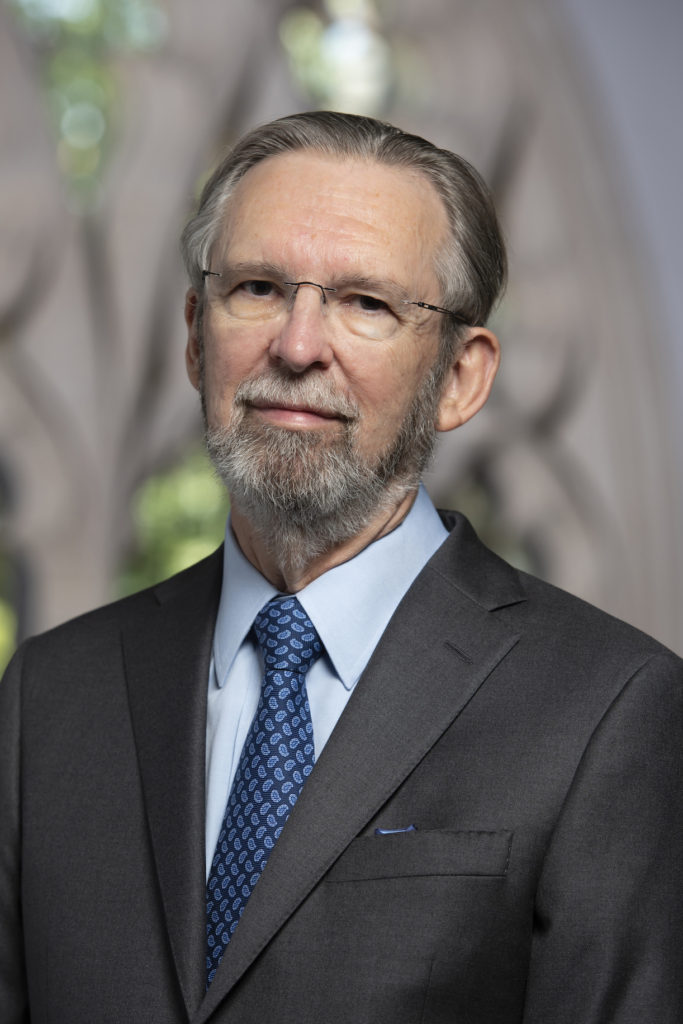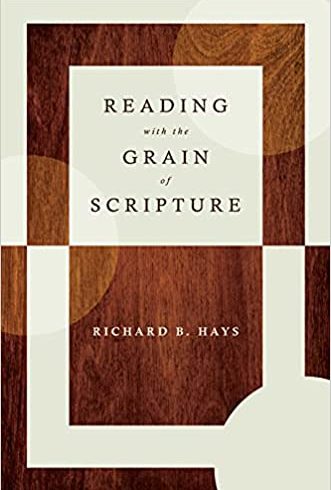Podcast: Play in new window | Download | Embed
Subscribe: RSS
Richard B. Hays is internationally recognized for his work on the Gospels, the letters of Paul, and on New Testament ethics. His scholarly work has bridged the disciplines of biblical criticism and literary studies, exploring the innovative ways in which early Christian writers interpreted Israel’s Scripture. He has also consistently sought to demonstrate how close reading of the New Testament can inform the church’s theological reflection, proclamation, and ministry.
His book The Moral Vision of the New Testament: Community, Cross, New Creation was selected by Christianity Today as one of the 100 most important religious books of the twentieth century.
Dr Hays has lectured widely in North America, Europe, Israel, Australia, New Zealand, Hong Kong, and Japan. An ordained United Methodist minister, he has preached in settings ranging from rural Oklahoma churches to London’s Westminster Abbey. Professor Hays has chaired the Pauline Epistles Section of the Society of Biblical Literature, as well as the Seminar on New Testament Ethics in the Society for New Testament Studies, and has served on the editorial boards of several leading scholarly journals.
“All these essays illustrate, in one way or another, how I have sought to carry out scholarly work as an aspect of discipleship—as a process of faith seeking exegetical clarity.”
Richard Hays has been a giant in the field of New Testament studies since the 1989 publication of his Echoes of Scripture in the Letters of Paul. His most significant essays of the past twenty-five years are now collected in this volume, representing the full fruition of major themes from his body of work:
– the importance of narrative as the “glue” that holds the Bible together
– the figural coherence between the Old and New Testaments
– the centrality of the resurrection of Jesus
– the hope for New Creation and God’s eschatological transformation of the world
– the importance of standing in trusting humility before the text
– the significance of reading Scripture within and for the community of faithReaders will find themselves guided toward Hays’s “hermeneutic of trust” rather than the “hermeneutic of suspicion” that has loomed large in recent biblical studies. – From the Publisher


